The Legacy: Charles Rolls and 'the best cars in the world'
Tragically killed at 32, Charles Rolls accomplished plenty in his short life, including founding Rolls-Royce.

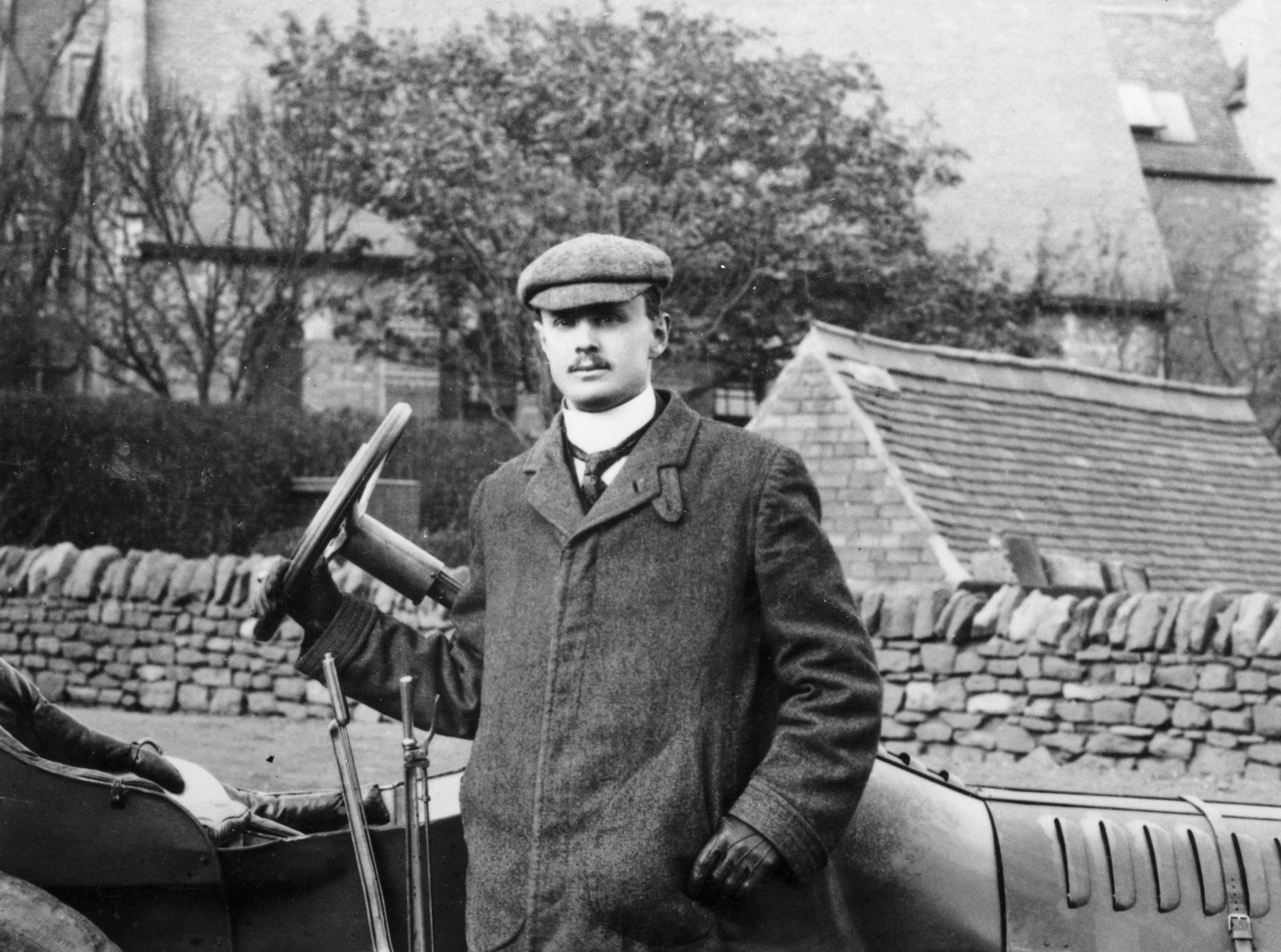
'Dirty Rolls!’ the Etonians called him, but they won’t be laughing now. Charles Stewart Rolls (1877–1910), son of Lord and Lady Llangattock of The Hendre, the grand Victorian estate of Monmouthshire, Wales, developed an enthusiasm for ‘tinkering’ with engines when at Eton and, in 1895, he enrolled at Trinity College, Cambridge, to study mechanical engineering and applied science.
At 18, Rolls travelled to Paris to buy his first car, spending £225 on a Peugeot Phaeton. It was the first motorcar in Cambridge and one of the first three to be owned in Wales — when Monmouth townsfolk heard he was driving home, they waited two days and nights to glimpse the car crossing the Monnow bridge.
The first driving excursion of the Duke and Duchess of York, later George V and Queen Mary, was with Rolls at the wheel, from The Hendre in October 1900. By graduation, he was an accomplished motorist, taking part in races around the world. To fund his sporting activities, he established C. S. Rolls & Co, one of the first car dealerships in Britain, selling Peugeot and Minerva motorcars.
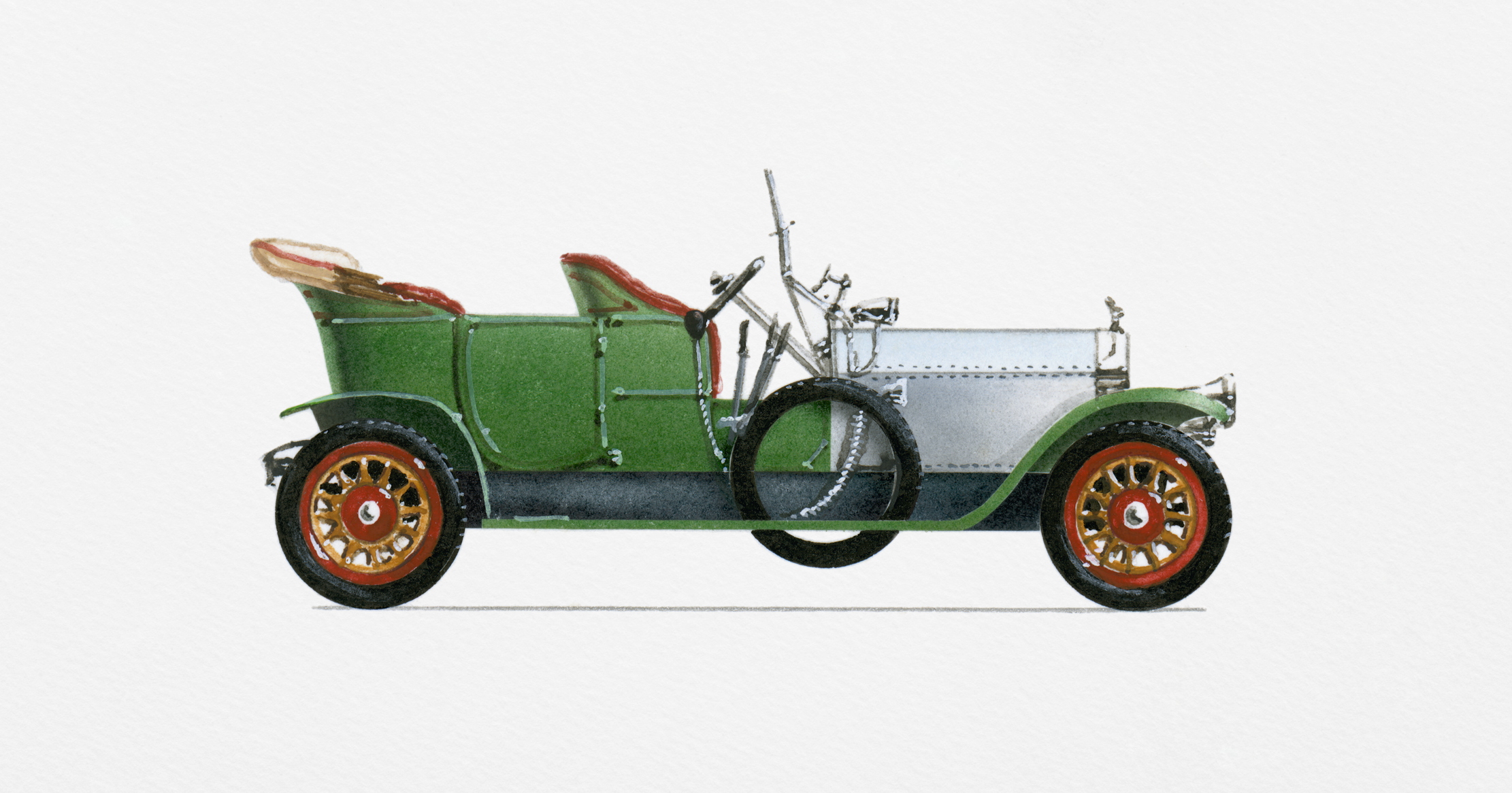
In May 1904, Rolls, who was determined his name would be associated with the finest cars in the world, met Henry Royce, an electrical engineer, and the first Rolls-Royce was unveiled at the Paris Salon in December. In 1906, Rolls-Royce Limited was formalised, the Silver Ghost made its inaugural appearance and awards have been won ever since.
He was was a founding member of the Auto-mobile Club of Great Britain, which successfully campaigned against the 4mph speed limit imposed by the Loco-motive Act 1865, raising it to 14mph in 1896. The engineer was a pioneer aviator and balloonist, and the first to fly a non-stop double crossing of the English Channel. Sadly, he was also the first Briton to be killed in an aeronautical accident, at the age of only 32.
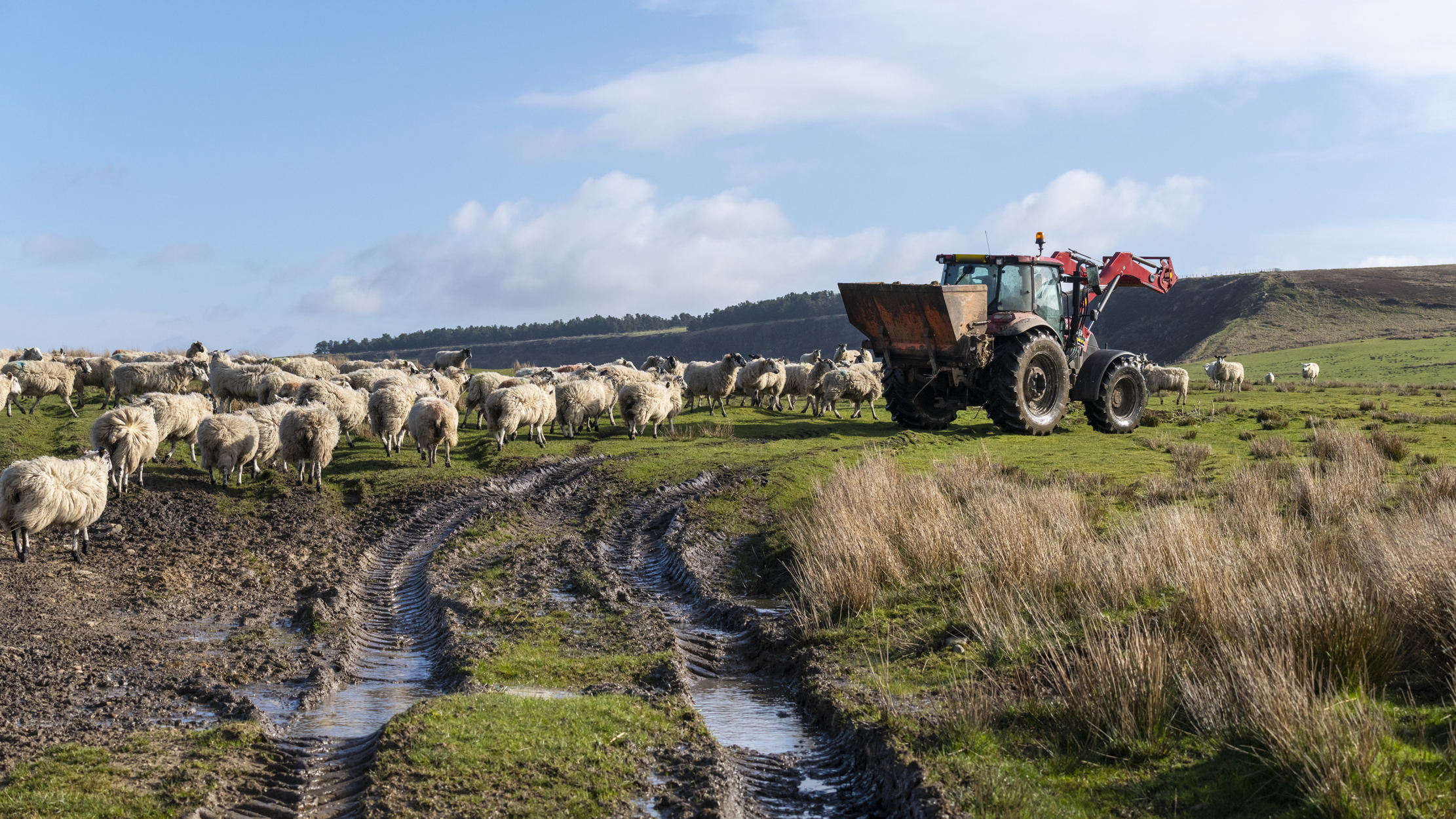
Credit: R A Kearton via Getty Images
The Legacy: Godfred Baseley, the man who invented The Archers
We take a brief look at the life and inspiration of the man behind the world's longest running radio serial.
Exquisite houses, the beauty of Nature, and how to get the most from your life, straight to your inbox.
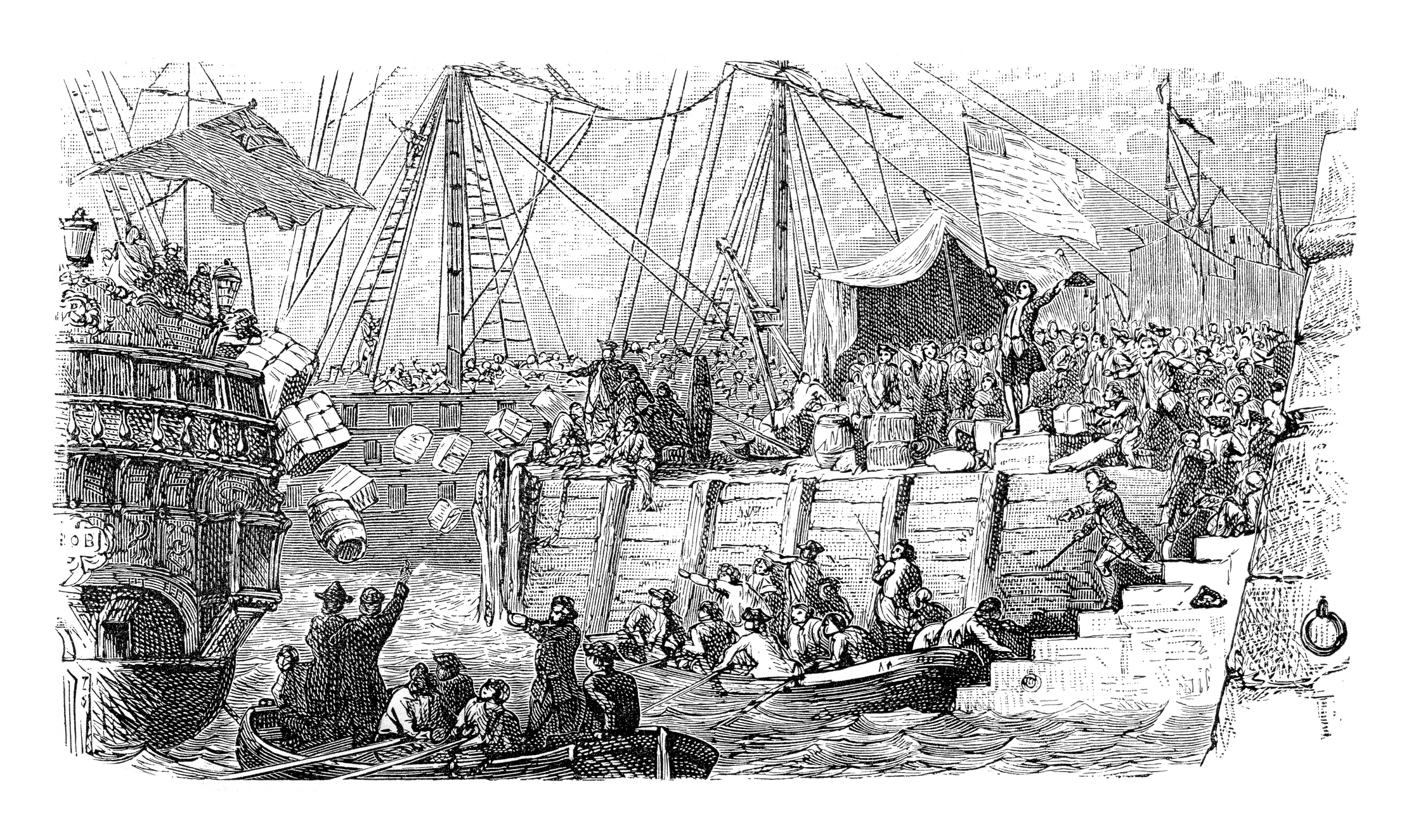
Credit: Ralf Hettler/grafissimo via Getty Images
The Legacy: Thomas Twining, the man who made such good tea, not even the Boston rebels would toss it in the harbour
Arriving in London as a young boy, Thomas Twining saw a gap in the market, and made his name as
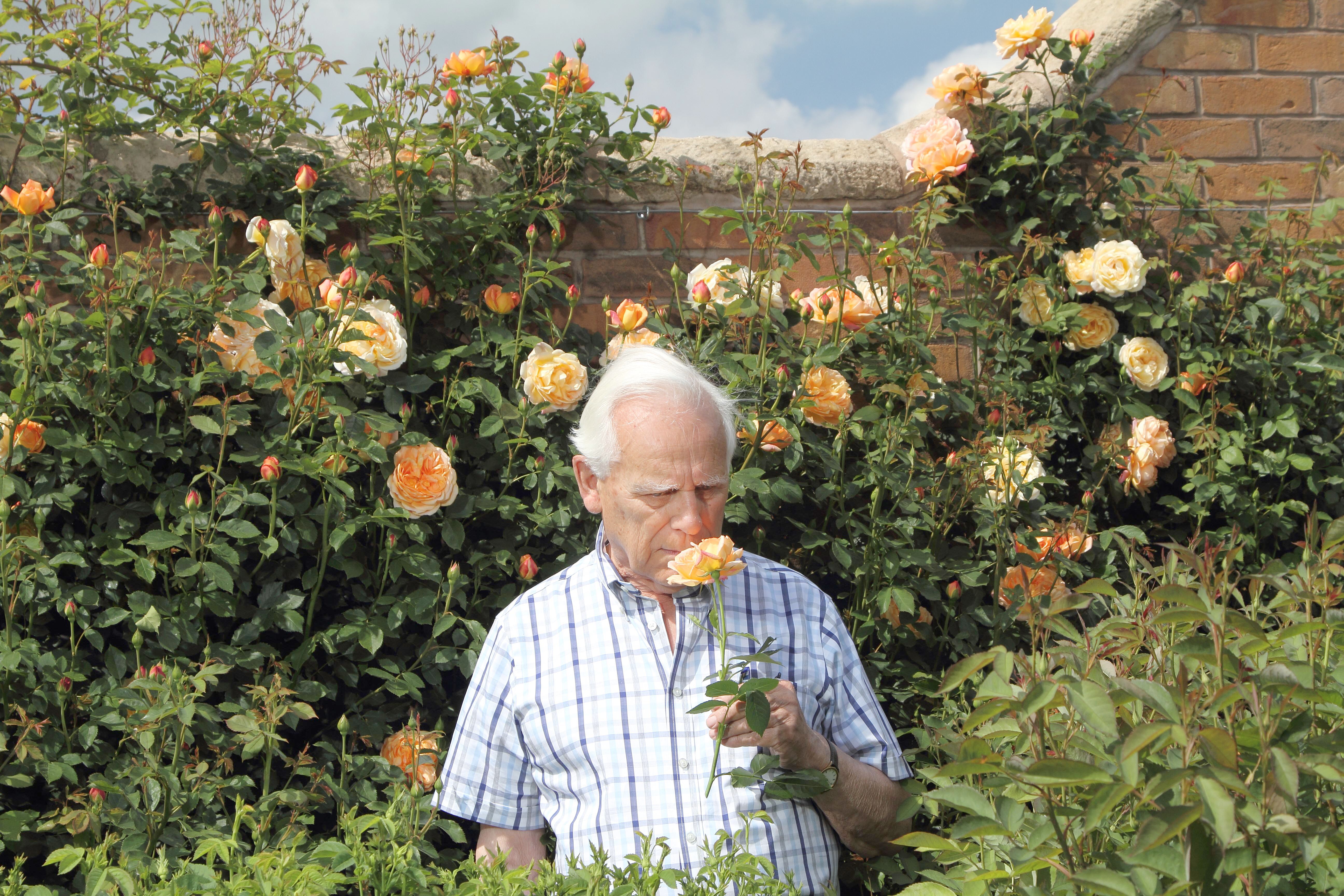
The Legacy: David Austin's English roses
Tiffany Daneff pays tribute to David Austin, the man whose name remains synonymous with roses even five years after his
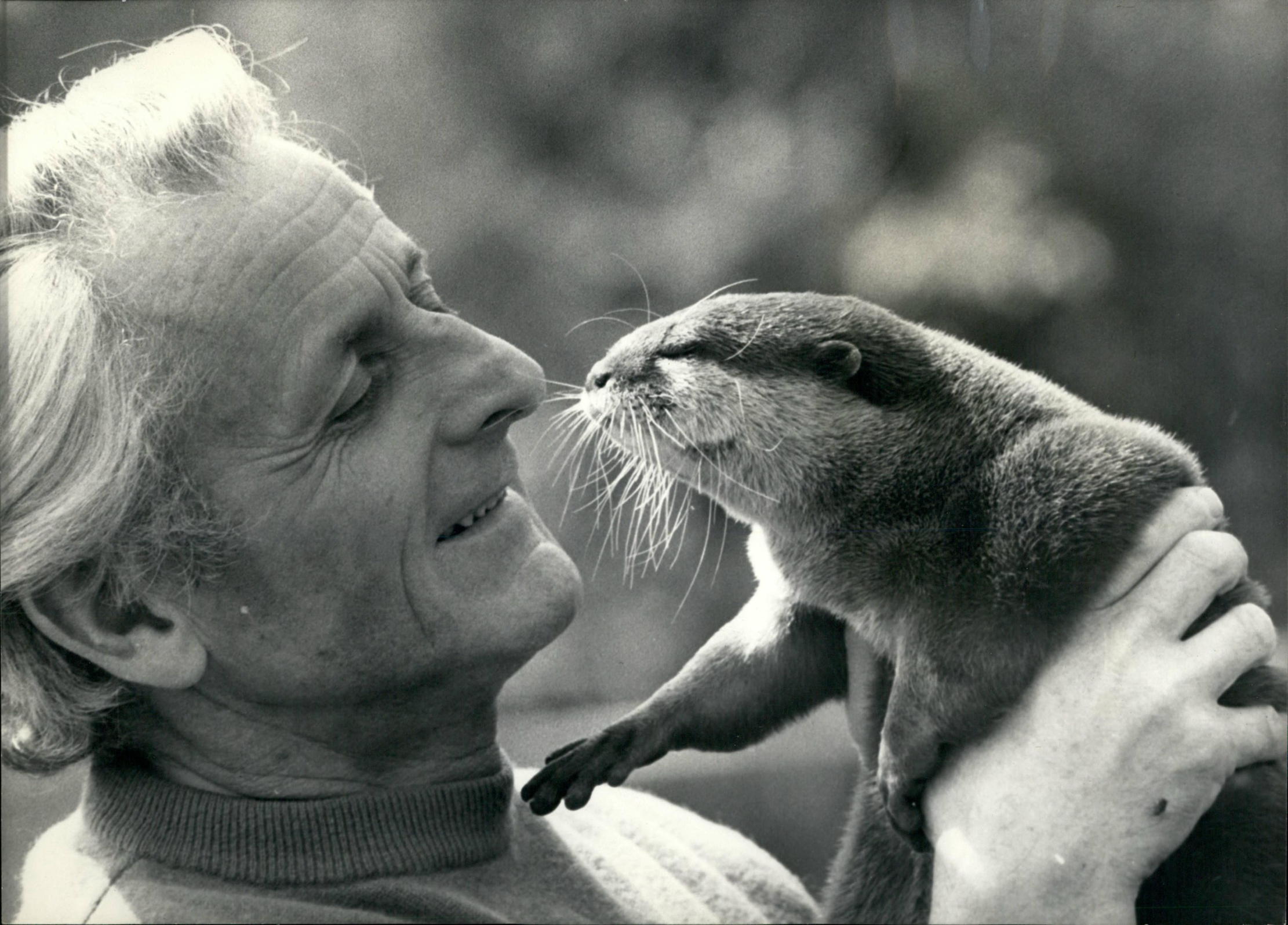
The Legacy: Philip Wayre, the man who saved the otter
The heartwarming tale of how this film-maker and naturalist restored the otter to English rivers.
Amie Elizabeth White is Country Life's Acting Luxury Editor. She studied history at the University of Edinburgh and previously worked in fashion styling. She regularly writes for Country Life's London Life supplement and has written for Luxury London, covering everything from Chanel suits and skincare, to the best pies in the city. She has a big heart, but would sell her soul for a good pair of shoes.
